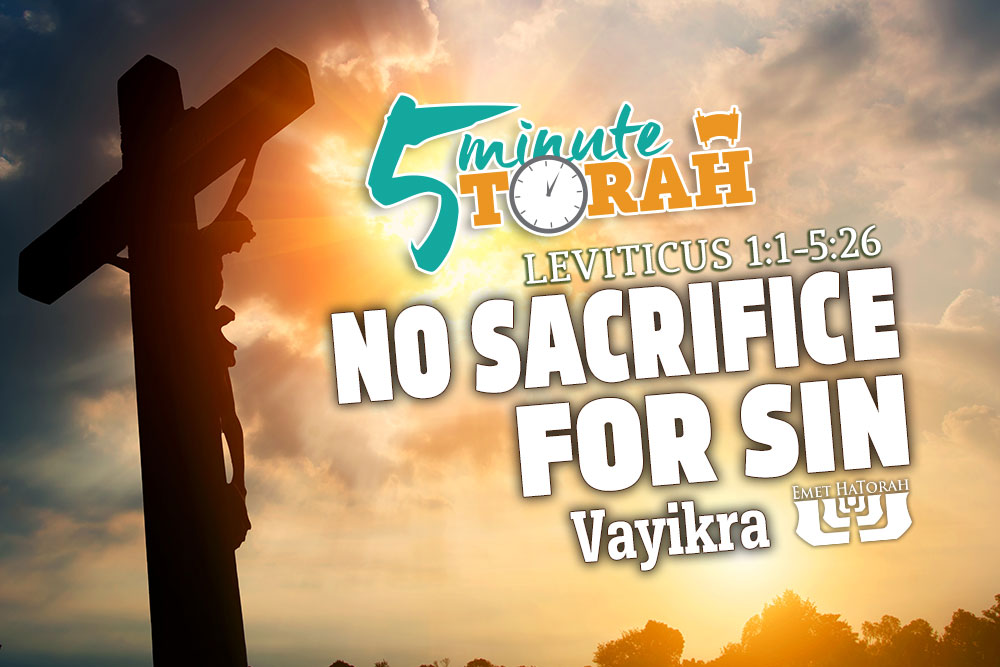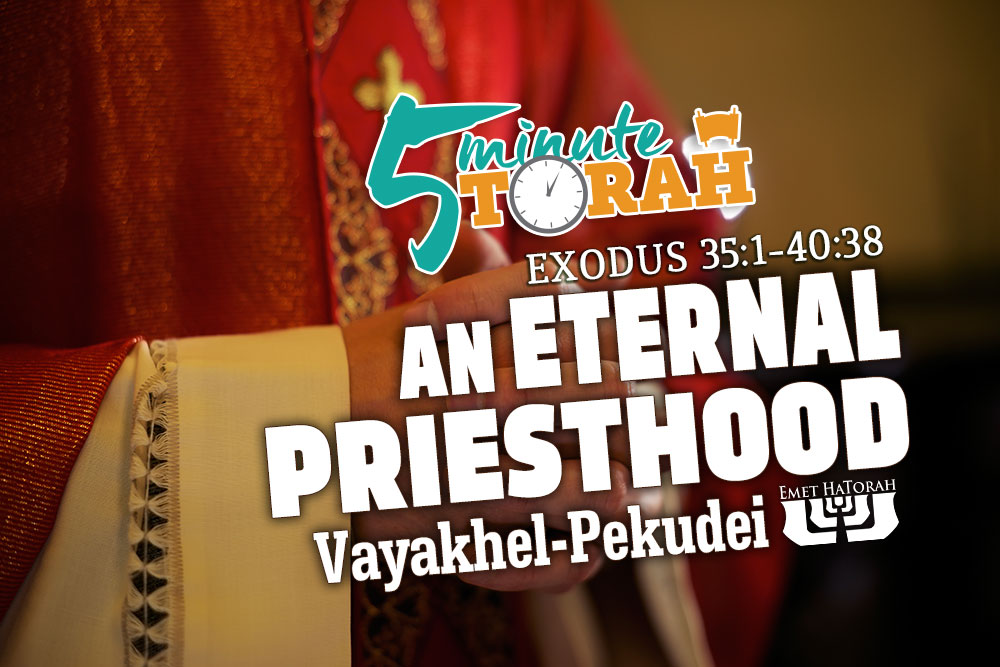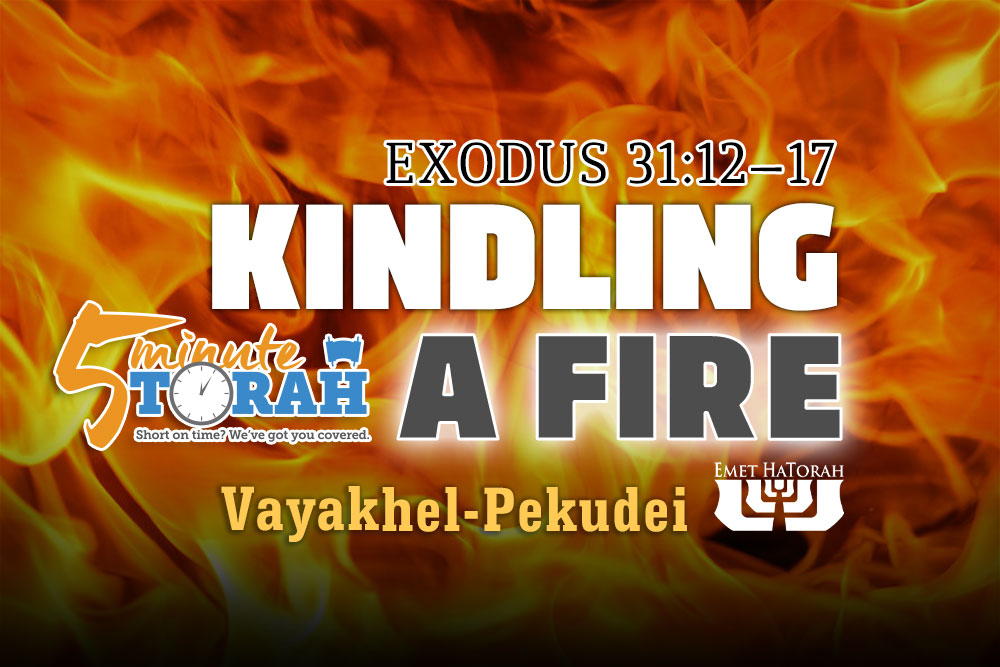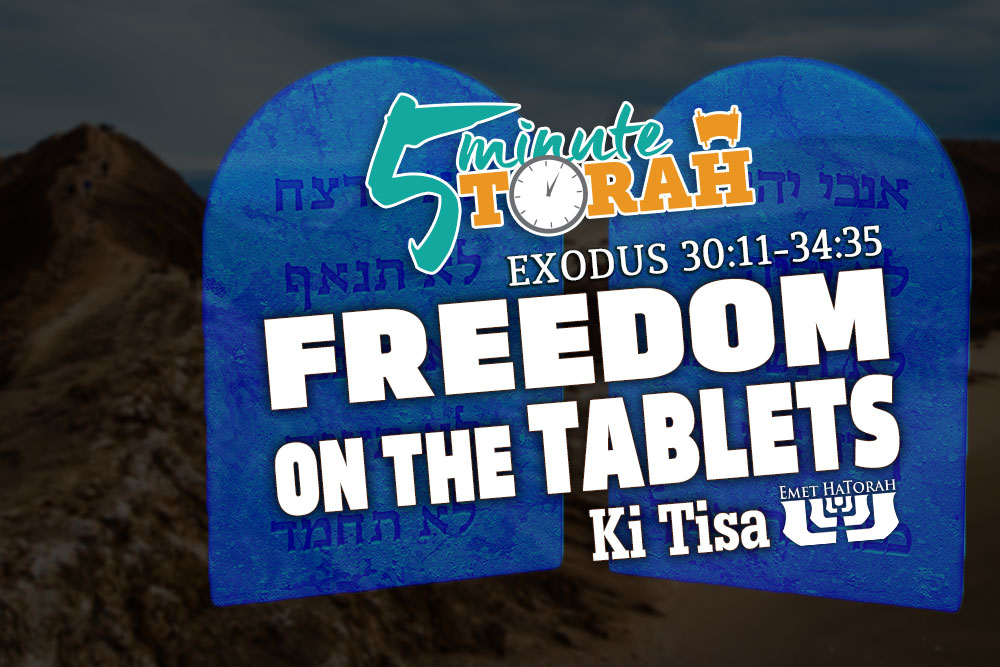Tonight: Suffering. Tomorrow: Victory.
A Passover Devotion
Reading: Exodus 12:21 - 12:51 & Numbers 28:16 - 28:25
Tonight begins the time of our redemption in more ways than one. Tonight, approximately 3500 years ago the mighty hand of God prevailed over the gods of Egypt. The Children of Israel slaughtered the Passover lamb for the first time, applied its blood to the doorposts of their Egyptian homes, "roasted on the fire with unleavened bread and bitter herbs they shall eat it” (Exodus 12:8). But it wasn’t a leisurely meal like it is today. They were to eat it as the LORD had prescribed:
In this manner you shall eat it: with your belt fastened, your sandals on your feet, and your staff in your hand. And you shall eat it in haste. (Exodus 12:11)














